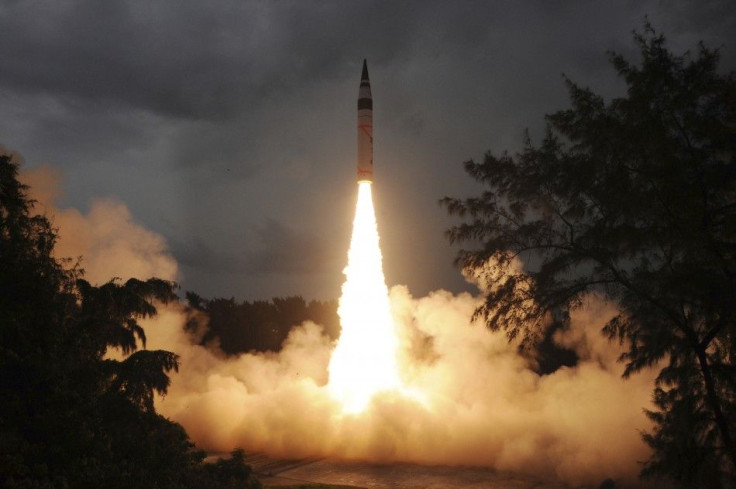Pakistan Possess Fastest Growing Nuclear Programme, Can Make 200 Nuclear Weapons By 2020; U.S. On The Losing End --US Think Tank

It seems apart from Russia and China, the world also has to watch out for Pakistan. A new report released by the Council on Foreign Relations, or CFR, has disclosed that Pakistan has emerged as the nation with the fastest growing nuclear programme. Faster than even the United States, it seems.
Although the U.S. and Russia still possess over 90 percent of the world's nuclear weapons, Pakistan has slowly built-up a stockpile that should it decides to weaponised it, the country could produce as many as 200 nuclear devices by the year 2020. Pakistan primarily kept its nuclear programme going because of the threat posed by India. The latter, according to the report, possesses fissile material good for 90-110 nuclear weapons, while still expanding production capacity.
The report also noted that nuclear programmes are on the rise in Asia, primarily South Asia, the region described "most at risk of a breakdown in strategic stability due to an explosive mixture of unresolved territorial disputes, cross-border terrorism, and growing nuclear arsenals." While other nations downsize their respective stockpile, the opposite runs true in Asia.
Pakistan has expressed concern the U.S. may step in to launch a military operation against it to seize or disarm its nuclear and missile weapons. Still, it has deployed or is developing 11 delivery systems for its nuclear warheads. These include aircraft, ballistic missiles and cruise missiles.
As Asia works to increase its nuclear build-up, the report noted it would be best that the U.S. strive to maintain cordial relations with Russia and China. They are "the two states with the capability and potential intent to launch a nuclear attack on the American homeland." Russia alone already has 8,000 warheads in its nuclear stockpile; the U.S., 7,300 warheads.
"The United States has more to lose from a breakdown in strategic stability than any other country due to its position as a global leader, the interdependence of its economy, and the network of security commitments it has around the world," author Gragory D. Koblentz, an associate professor of the School of Policy, Government, and International Affairs, and deputy director of the Biodefense Graduate Program from the George Mason University, said. According to figures released by the Stockholm International Peace Research Institute early in 2014, Pakistan has already 100-200 nuclear warheads when the year started. It comes second to China in the Asia region, which has 250.





















